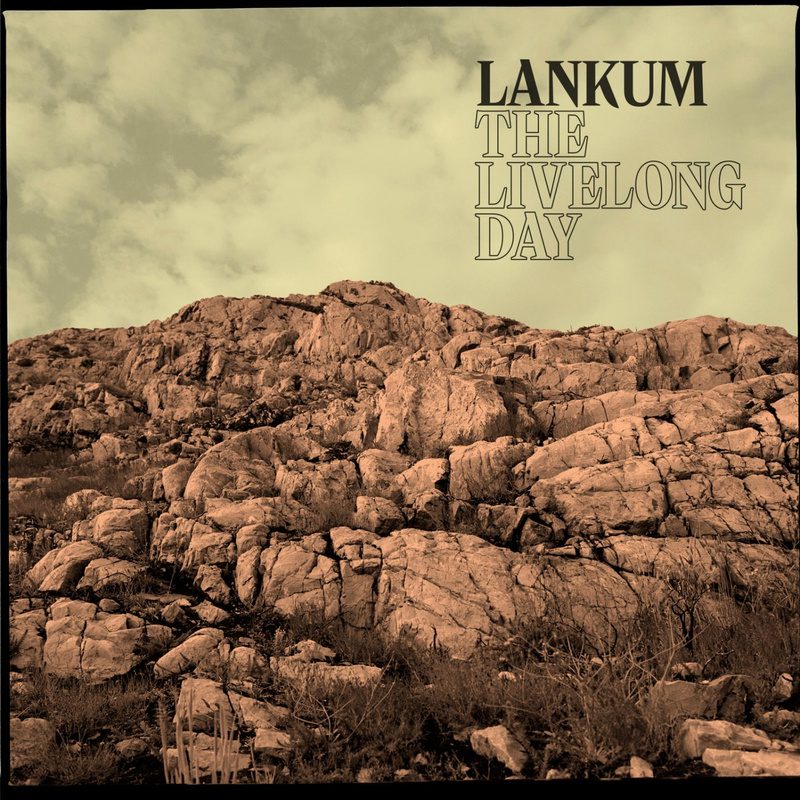Lankum’s ‘The Livelong Day’ Challenges the Confines of Traditional Music

Despite a penchant for song collection and resurrection and instrumentation that references the rich culture of their island nation, Irish four piece Lankum is not a traditional band. Based in Dublin and comprised of brothers Ian and Daragh Lynch, Cormac MacDiarmada, and Radie Peat, Lankum creates moody songs that simultaneously channel their heritage and challenge what’s too narrowly defined as traditional music.
The Livelong Day, the band’s third LP and second for UK-based Rough Trade Records, features both originals and interpretations of classic Irish, English, Scottish, and Appalachian tunes. There are drinking songs (“The Wild Rover”), songs of promiscuity (“Katie Cruel” and “Hunting the Wren”), and instrumentals (“Ode to Lullaby” and “Bear Creek,” the latter of which is a rousing fiddle tune and one of the highlights of the entire album). But these songs are not rowdy, bawdy barroom burners often stereotypically associated with music from this region. Rather, Lankum transforms these melodies into long, droning experiments (the LP’s mere eight tracks span almost an entire hour) that are as much folk songs as doom rock.
Much of the foreboding atmosphere throughout The Livelong Day can be attributed to Lankum’s diverse instrumentation and expert technical execution. Band members play string instruments like violin, double bass, harp, guitar, and banjo; keyed instruments like piano, Hammond organ, Wurlitzer, and mellotron; and pitched percussion like a vibraphone. Most effectively, however, the bellowed instruments like uilleann pipes (the national bagpipes of Ireland), an English concertina (similar in structure to an accordion), bayan (a Russian style accordion), and harmonium (miniature keyboard with a movable pump) seem to move stagnant air to summon the feeling of frigid winds throughout the record.
The Livelong Day is also quite a political album, not just in its creative sonic reinventions and fearlessness of topics, but also in its actual recording. As the band notes on the back cover, “This album was partly written in the music room at Liberty Hall, the home of the Irish Labour Movement — Lankum are proud members of the Musicians Union of Ireland.” And that’s the key difference in what differentiates this group from any other trad band: Lankum uses Irish history as a reference point, but reclaims many musical, social, and political traditions in unexpected ways.


